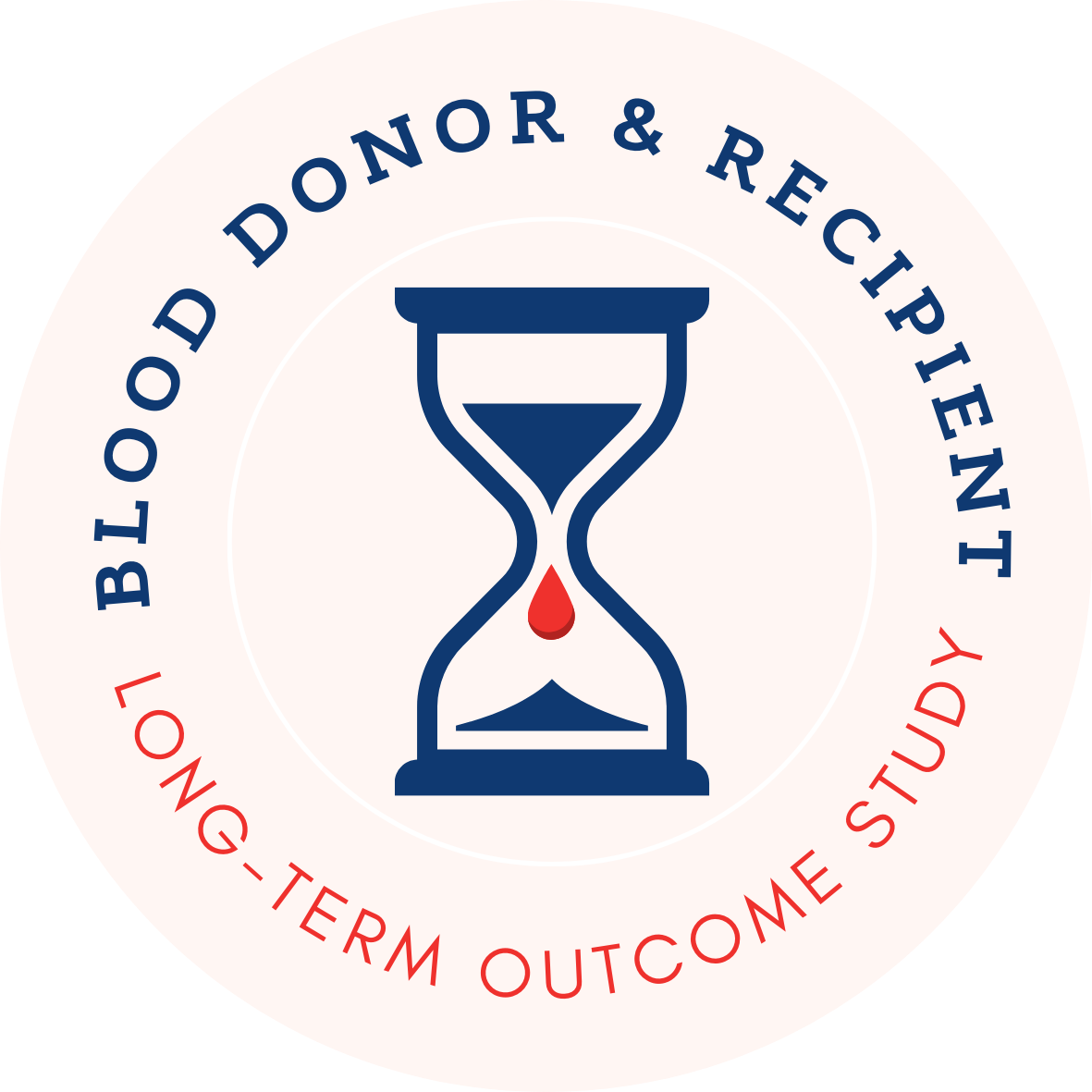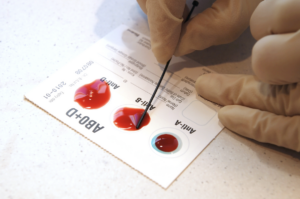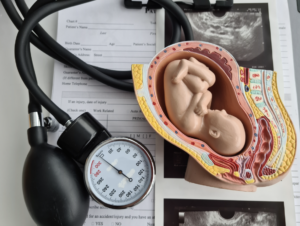Access the future of transfusion medicine
3 steps to join the LOS Registry with your clinic or institute
1. Contact us
Write us to receive comprehensive information about the study. We will provide you with a detailed study plan, statistical methods for ethics applications and all necessary documents such as patient consent forms, contracts, and information sheets.
2. Get trained – no additional equipment and no software installation needed!
The LOS Registry runs online and can be accessed from any safe device that is connected with the internet – you do not need to buy equipment or install additional software. Once you have signed the relevant collaboration and data protection agreements, we will provide you with thorough training and ongoing support. Your clinic or institute will have access to benchmarking and anonymised reports on your patients’ outcomes so that you can compare them nationally and internationally.
3. Collaborate and contribute
Become a part of our General Assembly and contribute to the LOS Scientific Board as an elected member. Access registry data in compliance with GDPR, collaborate on innovative data science approaches, and engage in numerous publications to shape the future of transfusion medicine.
The LOS Stakeholder Ecosystem
Amplifying patient engagement within an interdisciplinary alliance
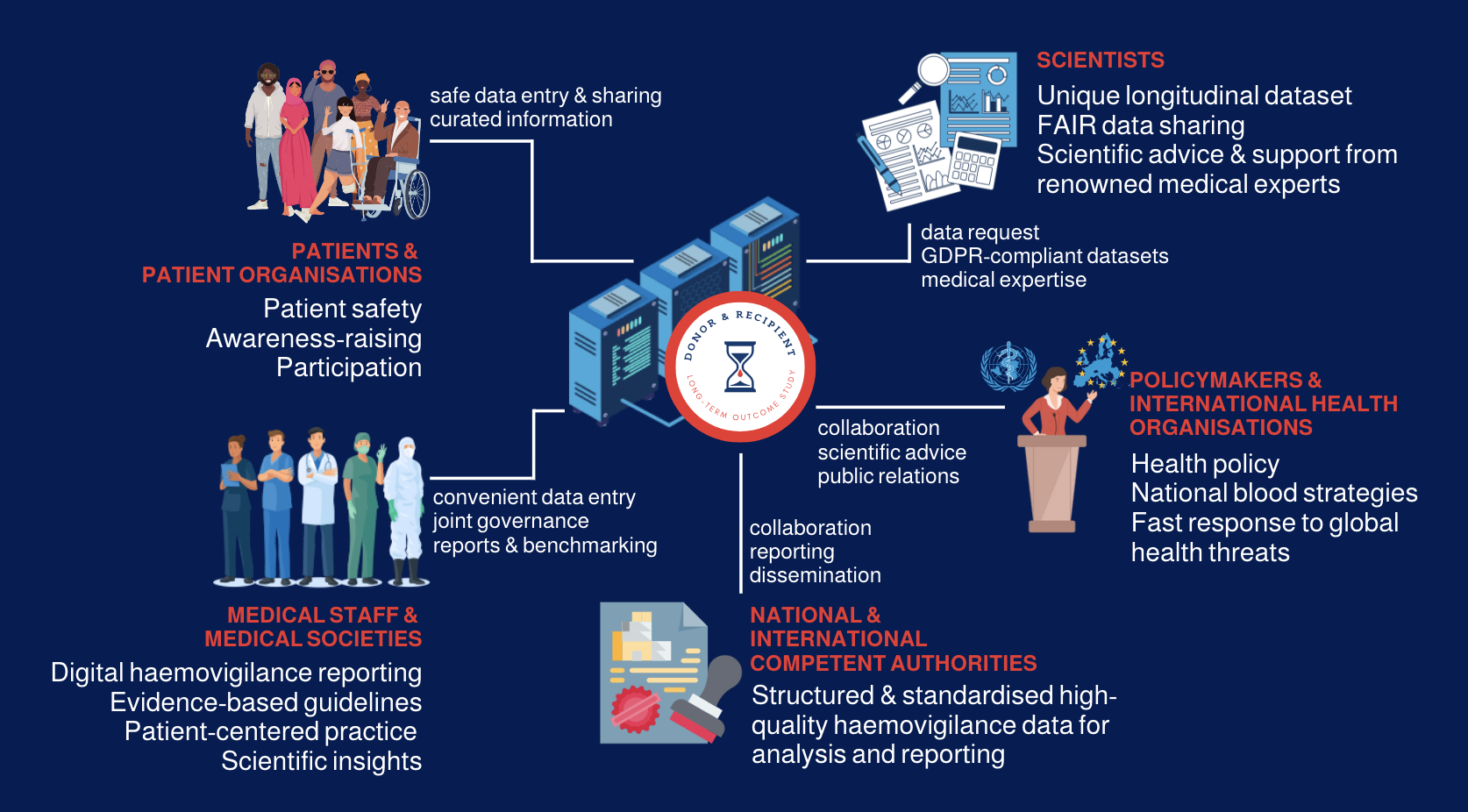
The Registry Study for Research of Blood Donor and Recipient Long-Term Outcomes is a pioneering initiative that aims to revolutionise our understanding of blood transfusion and donation. By creating a comprehensive stakeholder ecosystem, LOS integrates different perspectives to improve patient-centred care and scientific collaboration. This approach not only transforms the lives of individuals, but also promotes innovation in transfusion medicine, health equity and resilience.
- Patients & patient organisations
- Medical staff & medical societies
- Scientists
- Policymakers & international health organisations
- National & international competent authorities
Transforming lives through long-term research
The LOS study is dedicated to investigating the long-term effects of blood transfusions and donations on health, immunity and well-being. By collecting data over at least 30 years, LOS aims to shed light on the prevalence and risk factors of transfusion reactions such as alloantibodies and leucocyte antigen aloimmunity. This comprehensive research will enable scientists and clinicians to develop tailored transfusion practices that take into account a patient’s entire lifespan and individual risk factors, ultimately transforming lives through improved patient safety and personalised care.
Patients and patient organisations play a central role in this, as they play an important part in ensuring patient safety, raising awareness and encouraging participation. By involving patients in the research process, LOS not only improves the quality and relevance of the data collected, but also promotes a sense of ownership and engagement among participants.
Innovative transfusion medicine
At the heart of the LOS initiative is a commitment to advancing transfusion medicine through innovative practices and digital transformation. The LOS registry serves as a sophisticated digital hub that centralises data collection on donor and recipient outcomes and complies with EU standards for haemovigilance and GDPR. This system provides standardised, accessible and interoperable real-time data that enables advanced and tailored transfusion practice.
Medical staff and societies will benefit from digital reports, evidence-based guidelines and collaborative benchmarking. These tools enable healthcare professionals to apply patient-centred practices based on the latest scientific evidence to improve the safety and efficacy of transfusions.
Scientists also play a critical role by utilising the unique longitudinal dataset of LOS to drive research and innovation. The study promotes FAIR data sharing and provides scientific advice and support from renowned medical experts to create a collaborative environment in which cutting-edge research can flourish.
Health equity and resilience
The LOS study makes an important contribution to health equity and resilience by ensuring that health policies and national blood strategies are based on sound, high-quality data. Policy makers and international health organisations can use the structured data provided by LOS to develop strategies that address health inequalities and improve the overall resilience of health systems.
By facilitating efficient blood management during global health threats and supporting the development of rapid response mechanisms, LOS strengthens the ability of health systems to respond to crises. This approach ensures that all patients have access to safe and effective transfusion procedures, regardless of their origin or location.
The interdisciplinary alliance of patients, healthcare professionals, scientists and policy makers fostered by LOS ensures that health equity and resilience are at the forefront of all efforts. By working together, these stakeholders can create a more informed, efficient and equitable healthcare system that benefits all stakeholders.


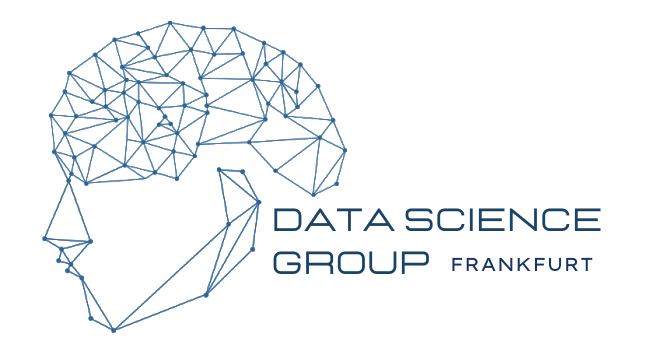
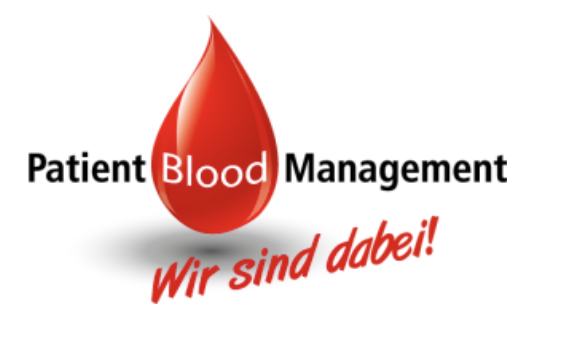
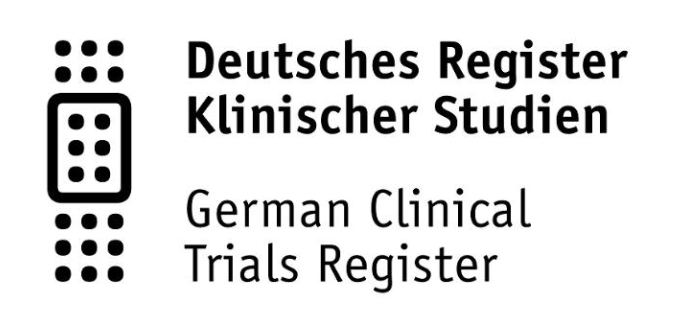
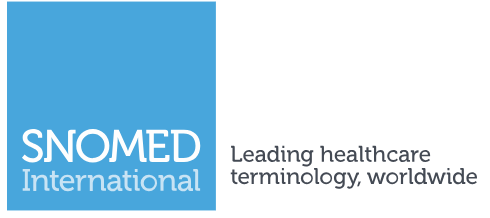

Subscribe
Get latest updates on the LOS Registry Study and advancements in transfusion medicine
Registry Study for Research of Blood Donor and Recipient Long-Term Outcomes
The latest news, articles, and resources on transfusion medicine – follow our deputy study director, Dr Jan Kloka, on LinkedIn.
Address
Universitätsklinikum
Frankfurt am Main
KAIS – Haus 13a
Theodor-Stern-Kai 7
60596 Frankfurt am Main
Contact
© Copyright 2024 by transfusionregistry.org
